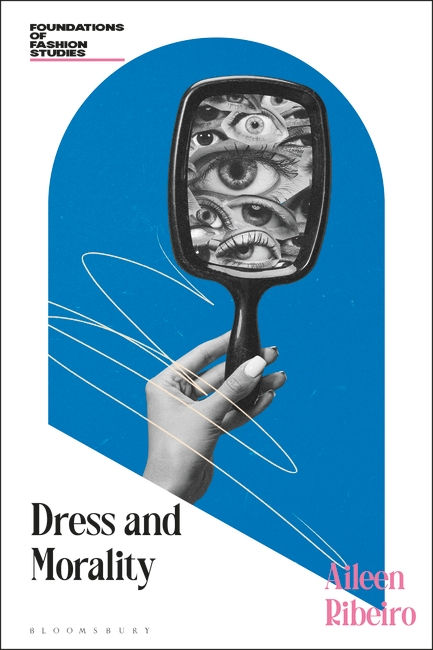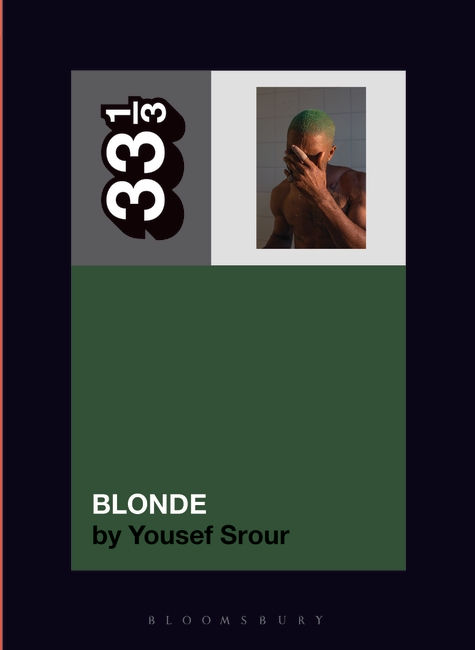Through the work of the Italian architect, theorist and historian Paolo Portoghesi (1931-present), this book offers a new perspective on postmodern architecture, showing the agency of other spheres of knowledge – history, politics and media – in the making of postmodern architectural discourse.
It explores how Portoghesi’s personal “postmodern project” is based on the triangulation of a renewed interest in historical architectural language, unprecedented use of media and intertwined links between architecture and politics. Organized in a sequence of critical chapters supported by the analysis of Portoghesi’s most significant architectural projects – including Casa Baldi (1959), The Mosque in Rome (1975–95) and his Strada Novissima exhibition (1980) – and publications, the book unfolds around the three main themes of history, politics and media.
Published as part of the Bloomsbury Studies in Modern Architecture series, which brings to light the work of significant yet overlooked modernist architects, the study features previously-unpublished archival material, interviews by the authors and articles from professional and mainstream press to present Portoghesi in his multifaceted role of mediator, politician, historian and designer.
Paolo Portoghesi
Silvia Micheli and Léa-Catherine Szacka
A new title in the Bloomsbury Studies in Modern Architecture series, examining the work of Paolo Portoghesi, architect and historian.
Rights Sold
All Rights Available
Chinese Complex and Simplified rights represented by Bardon Agency
Book Details
Imprint: Bloomsbury Visual Arts
Publication Date: 07-09-2023
Format: Hardback | 234 x 156mm | 240 pagesAbout the Authors
Silvia Micheli is a senior lecturer at The University of Queensland, Australia Léa-Catherine Szacka is an architect, writer and Senior Lecturer in Architectural Studies at the University of Manchester, UK
Material Available

















